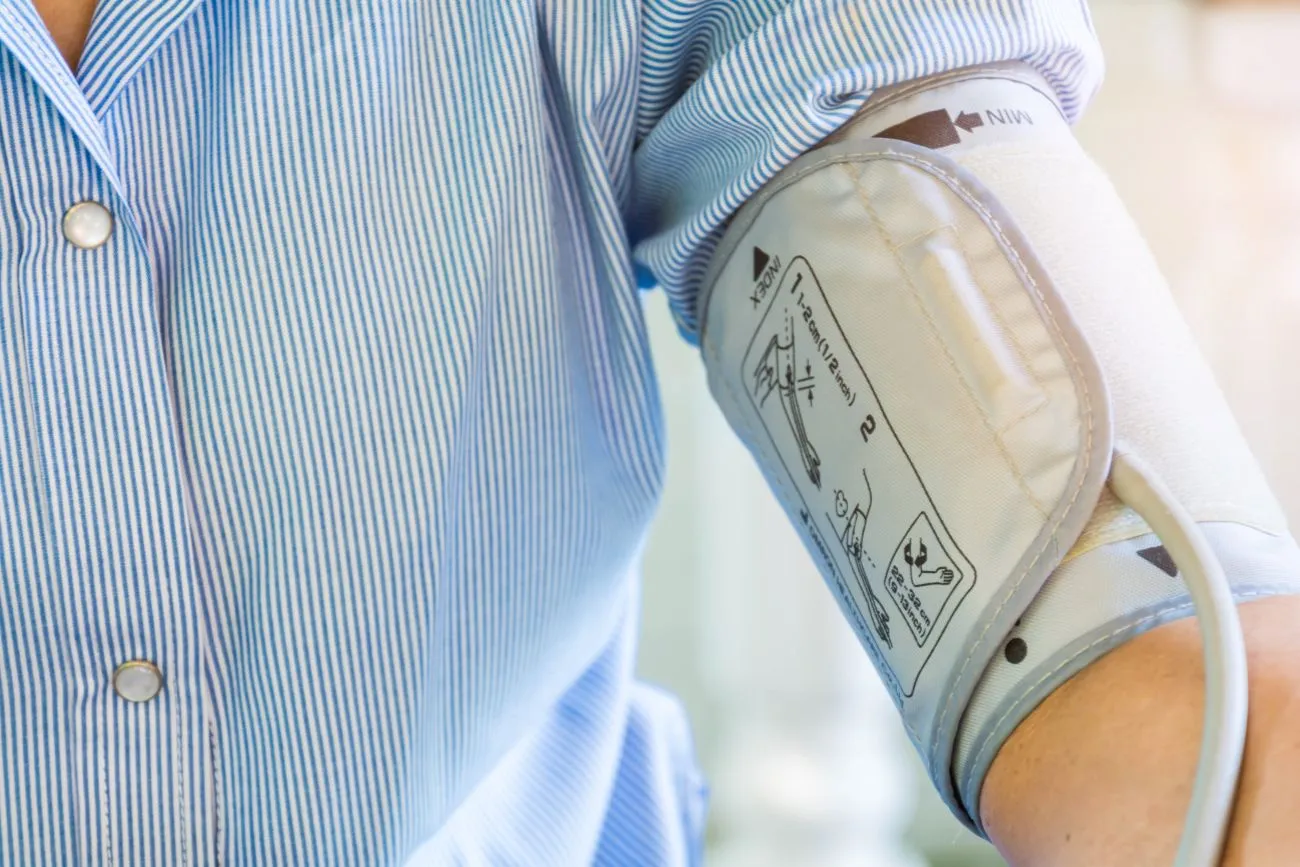High blood pressure is a very serious problem. After all, its nickname is the “silent killer” because of its lack of symptoms and the risks associated with it. Specifically, it is a significant risk factor for stroke and heart disease.
By lowering your blood pressure, however, you can reduce these risks. The following are some simple yet effective ways to lower blood pressure.
Get More Exercise
One of the first things you should look to do to lower your blood pressure is to increase your exercise. Research confirms that getting enough exercise has a positive effect on your levels.
Ideally, you want to get 40 minutes of moderate or vigorous activity three or four times each week. Even moderate activity like biking or gardening can make a big difference.
It works because, during exercise, you regularly increase both your breathing and heart rate. Eventually, this helps your heart become stronger, letting it pump with less effort. That reduced effort, in turn, reduces the pressure on your arteries and, therefore, your blood pressure.
Reduce Refined Carbs and Sugar
You should also take a look at your diet and try to reduce your consumption of refined carbohydrates as well as sugar. In addition to lowering your blood pressure, doing this will help you lose weight.
When you consume sugar, you raise your insulin levels. That, in turn, activates your sympathetic nervous system. This increases your blood pressure and heart rate.
Reduce Salt While Increasing Potassium
You likely know that for most people, eating salt will increase your blood pressure. Interestingly, some people are salt-insensitive. If you are one of these people, eating salt won’t affect your blood pressure; your body will just excrete it in your urine. Because you can’t tell whether you are salt-insensitive without tests or trial and error, it is best to just reduce it.
In addition to eating less salt, you want to eat more potassium. There are two reasons for this. Firstly, when you consume more potassium, it reduces the impact that salt has on your body. Secondly, it reduces the tension within your blood vessels.
Don’t Smoke
If you currently smoke, you should quit for multiple health reasons, including your blood pressure. Whenever you smoke a cigarette, your blood pressure and heart rate both temporarily increase right away.
On top of those short-term effects, smoking has a long-term impact on your blood pressure. Over time, the chemicals found in tobacco damage the walls of your blood vessels. This narrows the arteries and causes inflammation. These factors, as well as the resulting hardened arteries, worsen your blood pressure.
Importantly, the chemical from tobacco can even affect you if you inhale them via secondhand smoke. So, don’t just quit smoking; stop spending time with people that do as well.
Consume Less Alcohol and Caffeine
Even healthy people who drink alcohol can notice it affecting their blood pressure. For every 10 grams of alcohol that you drink, your blood pressure can rise one mmHg. For reference, standard drinks have 14 grams. The good news is that as long as you drink in moderation, you should be fine.
It’s also smart to reduce your caffeine consumption if you have high blood sugar. That is because caffeine raises your blood pressure for 45 to 60 minutes.
Get Enough Sleep
Think about the average amount of time you spend asleep every night. You may not realize it, but your blood pressure will drop while you sleep. On top of that, not getting enough sleep can raise your blood pressure. There is also a higher risk of high blood pressure for those who experience sleep deprivation.
For specific guidelines, look at the research from the Sleep Heart Health Study. It found that if you sleep less than seven or more than nine hours per night, there’s a higher risk of hypertension. There’s a significant risk if you get less than five hours of sleep a night.
Try a Prescription
Sometimes, lifestyle changes aren’t enough to lower your blood pressure to healthy levels.
In that case, your doctor will likely prescribe you medication. There are multiple medicines available. You may have to try a few before finding the one that works best for you.
